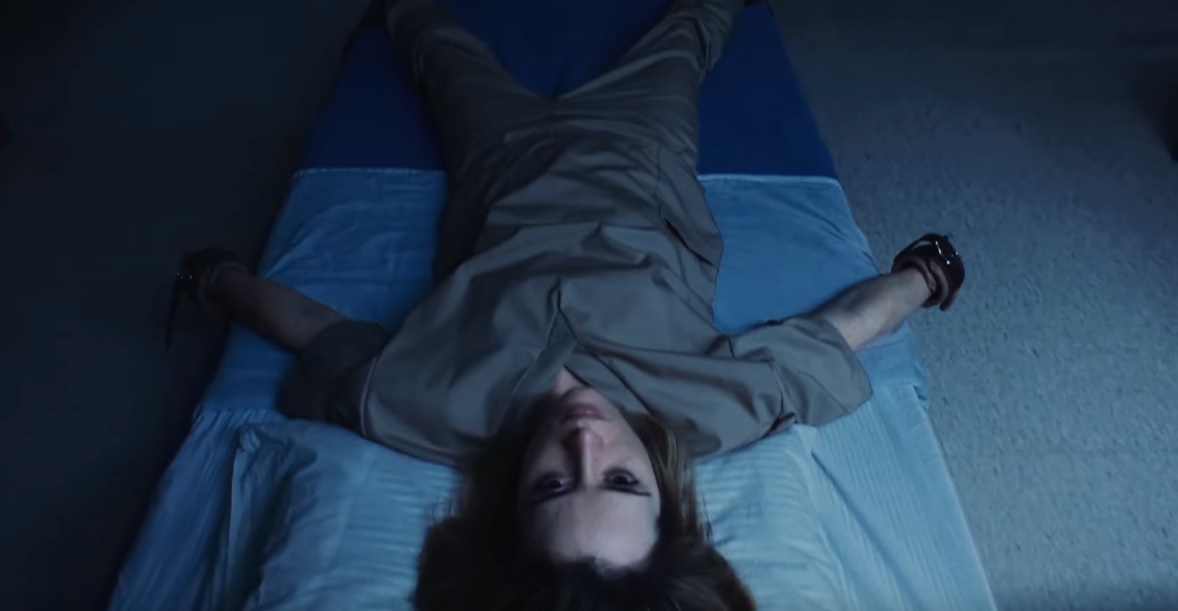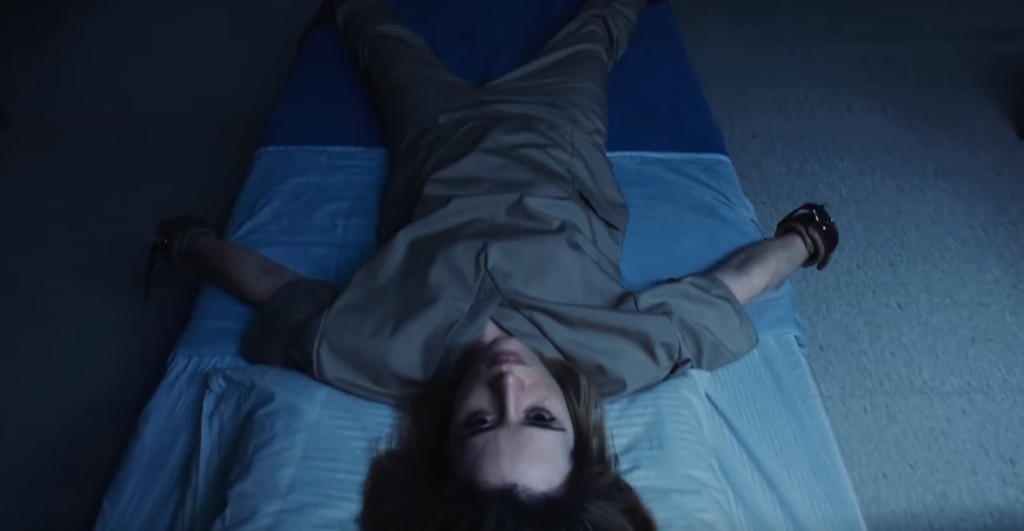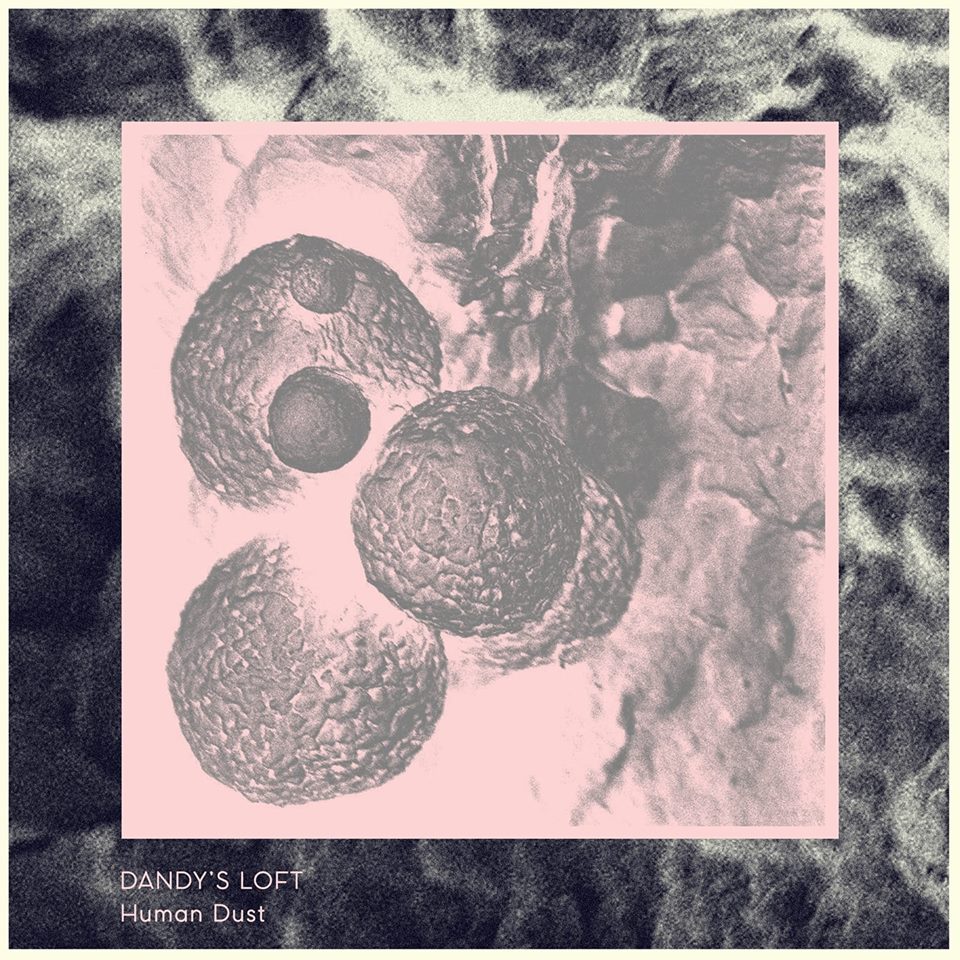Before last year’s criminally ignored The Florida Project, Sean Baker made headlines by shooting 2015 feature Tangerine on iPhone gear (the director used 3 different iPhone 5s). Indie authenticity suited the low-key story of pair of transgendered prostitutes on the Sunset Strip, capturing the forced street intimacy and, when tilted skywards, the expansive, beautifully festive colouring of one-crazy-night Los Angeles.
Now Steven Soderbergh, no stranger to doing things his own way, has shot his new film Unsane with an iPhone rig (iPhone 7 Plus in 4K, with the app FiLMiC Pro). No doubt it helped keep some costs down — again, Soderbergh is used to leveraging financial idiosyncrasies for greater creative control — but there’s a story logic too. If the tech gave Tangerine an intimate solidarity, then it coats Unsane in cloying claustrophobia, the perfect vehicle for the frazzled panic of its protagonist, a jittery stalking victim named Sawyer Valentini (Claire Foy), trapped in a ‘treatment centre’ against her will.
Sawyer bangs on doors and screams that she isn’t supposed to be there, the mental health equivalent of inmates who ‘didn’t do it’. But she’s right. Kind of. Jonathan Bernstein and James Greer’s script outlines an unhappy bank employee who moved cities to escape a dangerous stalker, and when Sawyer speaks to a counsellor at a health facility she casually signs something on her way out. It’s just a routine form, she’s assured, but she actually commits herself to the centre, her sharing of occasional suicidal thoughts cynically used as a pre-text for admission.
It’s just for the night, but Sawyer’s outbursts of resistance, and the facility’s interest in keeping her, threaten to extend her captivity. As savvy patient Nate (Jay Pharoah) explains, it’s all a health insurance scam, continuing the director’s interest in class vulnerability and for-profit predators. Sawyer’s mother (Amy Irving) promises the cavalry, but Claire’s name on the dotted line makes it hard to get the authorities to care.
A terrible situation turns nightmarish for Sawyer when she discovers her stalker working in the facility, administering the daily pill regime. But she’s already admitted that her mind that plays tricks, torturing her with irrational glimpses of her pursuer. Should we believe her? Should she believer herself?
Foy gives bug-eyed wild astonishment, a desperate disbelief at the disbelief of others. The emotional locus of the film is the terror of gas-lit helplessness and not being listened to, stalker David (Joshua Leonard) only the most obvious and pulpy example of authority avatars that include the dead-eyed, box-ticking white coats and management’s cold PR dialect. As a text of female experience, Unsane is imminently readable in the #MeToo era.
Unsane unfolds its way into a lurid ‘real-life crime’ melodrama, fishbowl selfie close-ups, aggressive colour saturation and blood-letting alarmism. The central threat to Sawyer’s safety, and sanity, is established, doing away with some of the murky ambiguity of the first half. Joshua Leonard as stalker David — thick beard, large glasses and thousand-yard stare — feels like he’s stepped out of a Law & Order episode, his protestations of love cutting close to the romantic delusions of the unstable, lonely personality.
But the most effective sequence occurs before all this really kicks off. After handing in her Hancock, a breezy, unaware but increasingly confused Sawyer meekly complies with her induction to the facility, treating each little instruction — follow me, remove your clothes — as an inconvenience to be endured before she can return to the office. Just following procedure, right?
It’s like watching a trout shimmy itself into the jaws of a shark, or a friend leave a bar with a man that’s bad news. Flat in photography and line delivery, the scenes could nearly be mistaken as hidden camera footage, scarier for their ordinariness, their gentle entrapment of the damaged and the trusting. Conor Smyth
Unsane is out on wide release.







